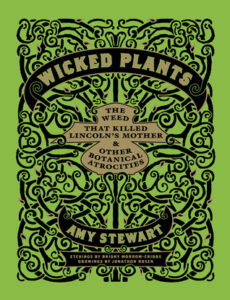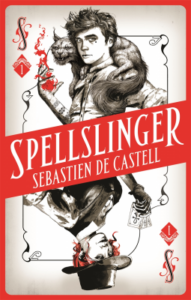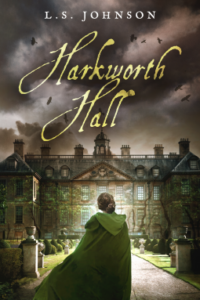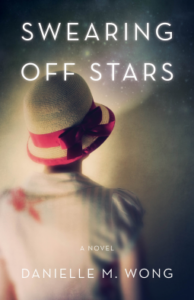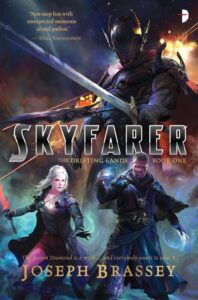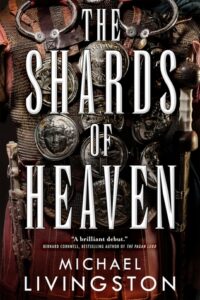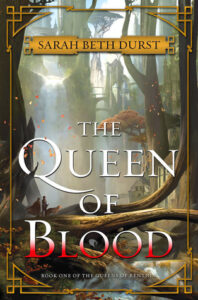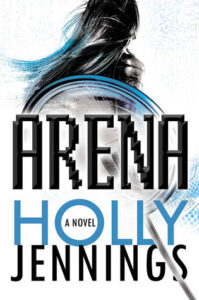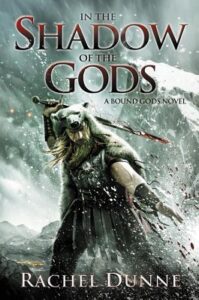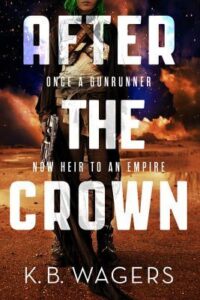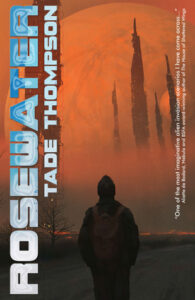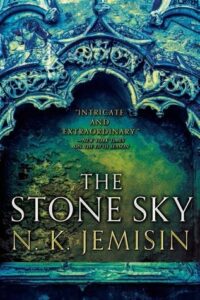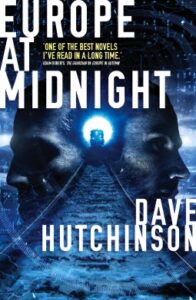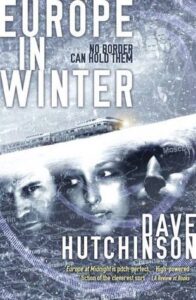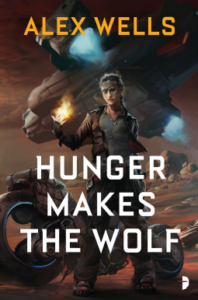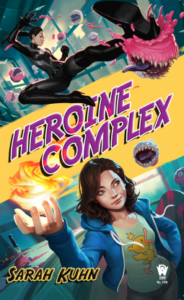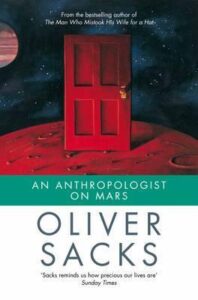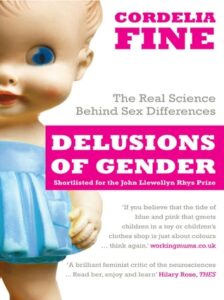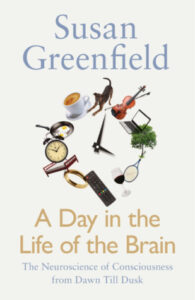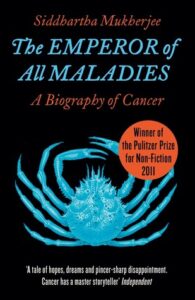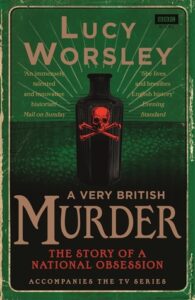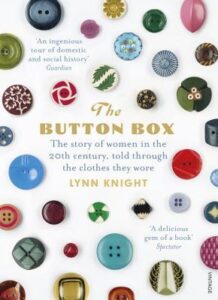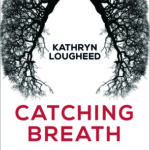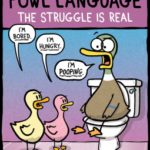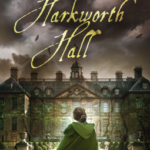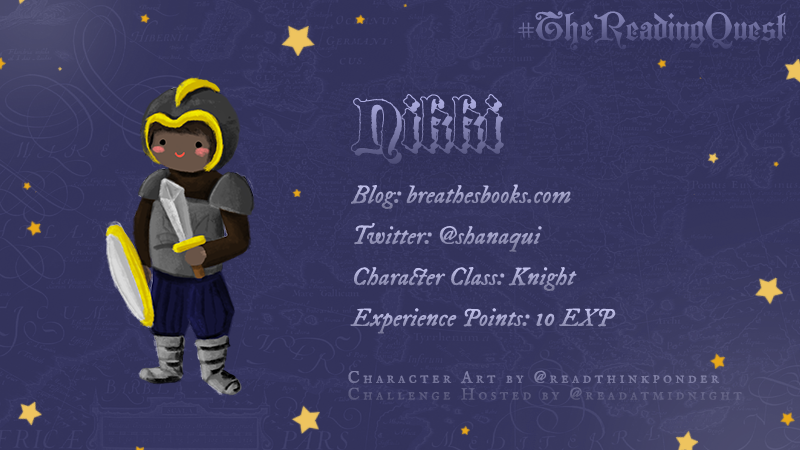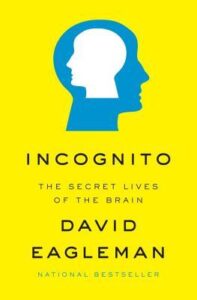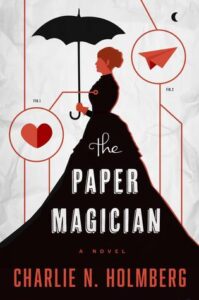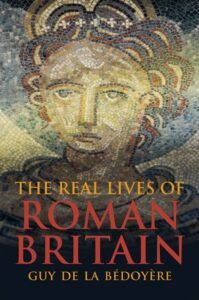 The Real Lives of Roman Britain, Guy de la Bedoyere
The Real Lives of Roman Britain, Guy de la Bedoyere
I picked this up mostly because Guy de la Bedoyere worked on Time Team, which I loved as a kid and now watch sometimes with my wife. He was their Roman expert, or one of them, so that’s a pretty good endorsement (and it amused me to notice a blurb from Tony Robinson on the front!). The problem, as ever, is that there isn’t really that much material for the “real people” of Roman Britain, because there’s no rich written record to refer to. There’s scraps — an inscription here, a letter there, an eloquent tomb — but often de la Bedoyere is pressed to make more than a paragraph or two of the material he has. It’s about real people, alright, but there’s so little we know about them, that doesn’t necessarily add to what we know.
Which is not to say it’s a bad book; it’s solidly based on the archaeology and records we have, and there are some fascinating glimpses at life in Roman Britain. But it’s less a full picture than a glance through a door that’s open just a crack.
Mind you, I’m sure de la Bedoyere feels closer to the people he writes about than we do, reading about it — he’s examined the evidence first hand, perhaps worked on the excavations. This might be more satisfying if you’re in that position, too!

